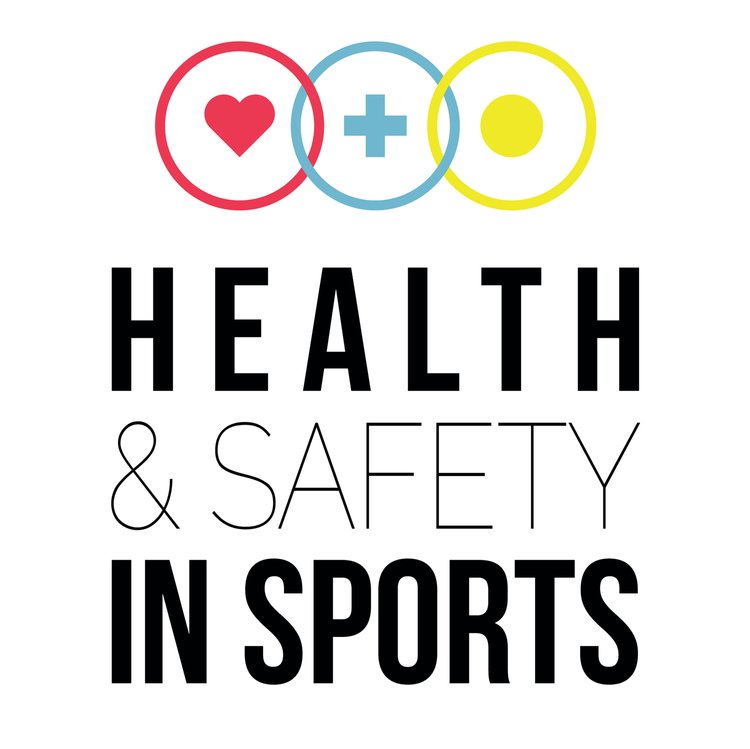TITLE
"Effectiveness of a 12-week self-myofascial release therapy on pain and tendon stiffness in active recreational runners with self-reported Achilles tendon complaints"
BACKGROUND
Pain and stiffness of the Achilles tendon are a common running-related injury (RRI). One of the standard exercises in treating the complaints are eccentric exercises (ECC). It requires muscle activation thus focusing on the calf muscles. Anatomically, the Achilles tendon not only fuses with the calf muscles but has a fibrous connection with the plantar foot, the aponeurosis plantaris. Targeting not only the calf muscles but also the aponeurosis, sely-myofascial release (SMR) represents a good option for multifocal treatment. SMR has become more popular the last years. It is thought to it stimulate collagen I production and reverse pathological neovascularization. Moreover, although evidence is scarce so far, SMR has been described to loosen fascial adhesions and cross-links, increase the gliding capacities of connective tissue layers, decrease muscle tension and to alter mechanical stiffness. SMR does not impede athletic performance. It has also been suggested that SMR might have, as all manual therapies, a potentially pain-relieving effect. These analgesic effects may be mediated by either peripheral, spinal or supra-spinal mechanisms. All of the above mentioned processes might help to restore physiological tendon function.
OBJECTIVES
The purpose of this study will be to evaluate the effectiveness of a multifocal SMR treatment (directed to plantar aponeurosis, Achilles tendon and calf muscles) on pain and stiffness compared to ECC in active recreational runners with self-reported Achilles tendon complaints.
RESEARCH QUESTIONS
Is a 12-week multifocal SMR treatment more effective in treating Achilles tendon complaints than ECC in active recreational runners?
STUDY DESIGN
Single blinded, randomized pilot study using a 2 group design with a treatment period of 12 weeks.

